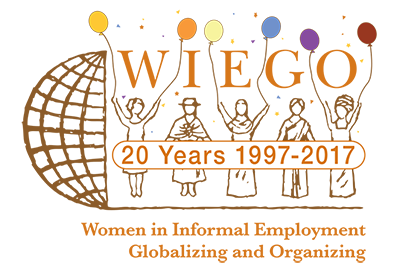Tasmi Quazi
Founded in mid-1997, Women in Informal Employment: Globalising and Organising (WIEGO) has been a pioneer in advocating for and with informal workers at numerous levels – in shaping new and innovative approaches to research, organising, policy formulation and development practice. 2017 marks WIEGO’s 20th year of existence which is being celebrated by Asiye eTafuleni (AeT) as all other network partners. For AeT, WIEGO has been a critical resource and think-tank which has shaped its approach to research and practice. WIEGO has also been a vital dissemination and advocacy platform. The most significant legacy however is that WIEGO’s support birthed AeT in 2008 as an organisation, and thus contributed to our organisational development and sustainability planning.
The Historic Link to WIEGO: Influencing Practice and Policy
Although AeT is in its 9th year of existence, its relationship with WIEGO is as historic as the 20-year birthday milestone by association with AeT’s co-founders, then former municipal officials involved in the City’s inner-eThekwini Regeneration and Urban Management Programme (iTRUMP). WIEGO has actively promoted the award-winning urban regeneration programme that came to be known as Warwick Junction, as a leading City government example for the inclusion of street trading into urban plans through the provision of infrastructure and other integrated services.
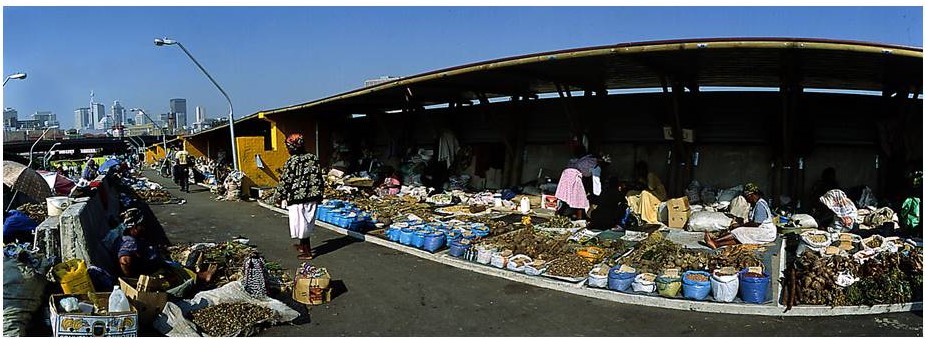
In 1998, WIEGO conducted its first research project on street trade in Durban, and arranged a number of site visits and presentations of Warwick Junction with Richard Dobson (then Project Leader of iTRUMP). On one of these occasions, Martha Chen (International Coordinator of WIEGO) introduced Richard to Ela Bhatt, Founder of Self-Employed Women’s Association (SEWA), a groundbreaking and influential informal worker organisation based in Ahmedabad, India. Richard recalled the details of the encounter,
“During the meeting, seated aside a large hotel window overlooking the streets, Ela whimsically commented how she could never understand why cities prioritised space for cars over vending opportunities. It really struck a chord in me and in fact influenced design practice in the City. We subsequently removed parking bays in the high street and replaced these with vending opportunities.”
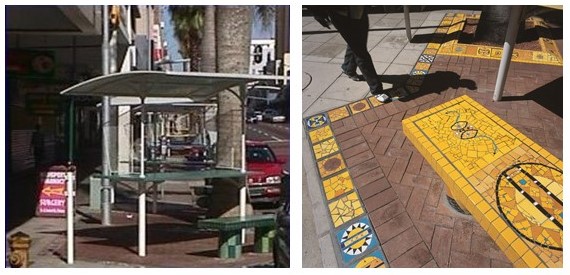
WIEGO officials were also instrumental in shaping Durban’s Informal Economy Policy adopted in 2001, which was the first of its kind nationally and internationally at the time. The key City officials involved in shaping the policy were then invited by WIEGO to present the policy processes to an audience of City Officials from Ahmedabad and SEWA – seeding the notion of policies for informal workers in India.
Enhancing relationships with informal workers
Similarly, from 2000, AeT’s Senior Project Officer, Patrick Ndlovu (then an Area Manager assigned to develop and regulate informal trade in Warwick Junction) was invited by WIEGO to an International Labour Organisation (ILO) conference in Berlin along with traders to share their experiences of the urban regeneration programme. The late MaDlamini, a traditional healer and respected trader leader, attended this conference and once related,
“I used to resent City officials, especially Metro Police Officers, that chased us traders away from the streets. I would fight with officials like Patrick, even when he became an Area Manager. It was the conference in Berlin which made me see that he was different, he genuinely cared for us and wanted to help us. After that, our relationship was like that of a mother and son.”
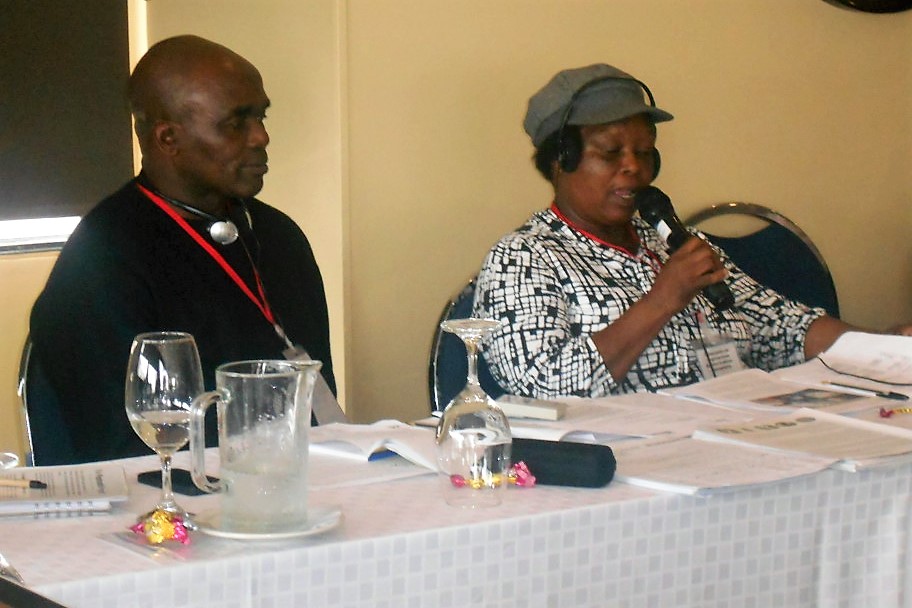
Following South Africa’s successful bid to host the FIFA World Cup in 2010, the development agenda that motivated the urban regeneration programme (i.e. iTRUMP), was usurped by preparations for the mega event. This new approach by the City government resulted in Richard and Patrick feeling compromised and leaving local government employ. WIEGO had the foresight to see an opportunity in the crisis and secured funding to set up AeT headed by the two, to retain and continue the progressive work in Warwick Junction as advocates of inclusive urban planning and design with informal workers.
WIEGO’s Role in Establishing AeT
Since 2008, WIEGO has been a vital partner and AeT has participated in a number of joint initiatives and activities, for example:
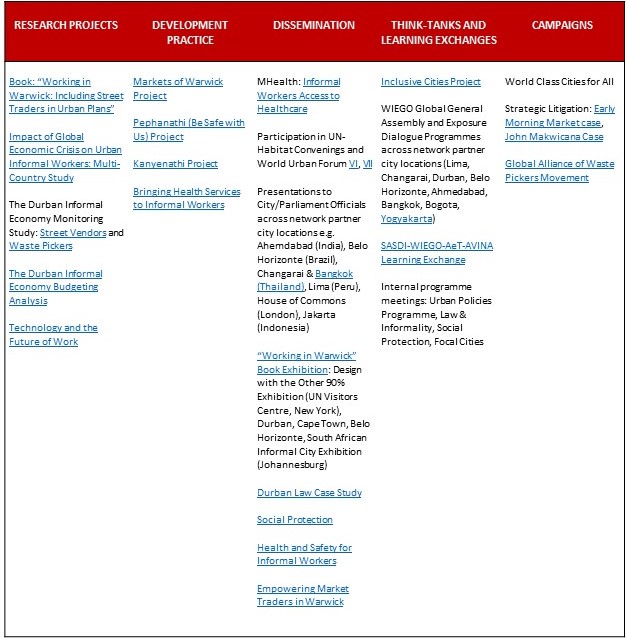
One of the most captivating dynamics of WIEGO’s global organisational culture which resonates with AeT is how thorough, deliberative and democratic the organisation is in all its work streams. Everyone’s inputs matter, especially that of informal workers, with translation of every kind to facilitate it akin to a multinational United Nations gathering. WIEGO has mastered the art of whisper translation resulting in elaborate, sometimes amusing, but thoroughly rewarding transnational and cross-cultural learning.
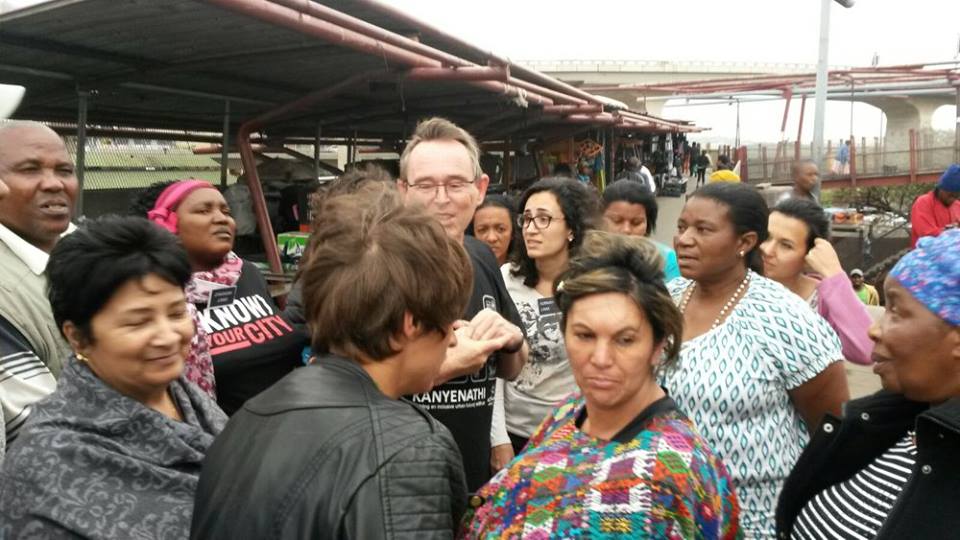
In conclusion, the relationship between WIEGO and AeT has been long-standing and strategic where both organisations have enjoyed reciprocal levels of support and passion for advocacy and innovation, particularly reinforcing AeT’s focus on urban planning and design with informal workers. The common goal has sustained and deepened engagement on the critical role of the informal economy.


